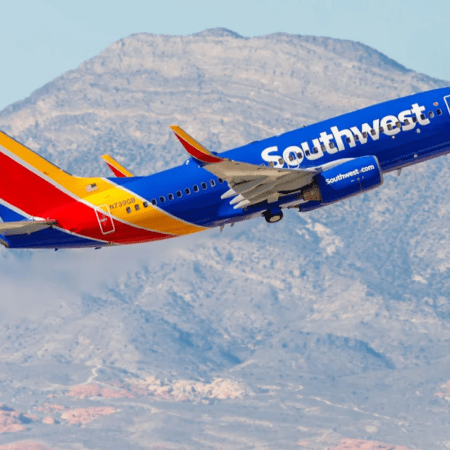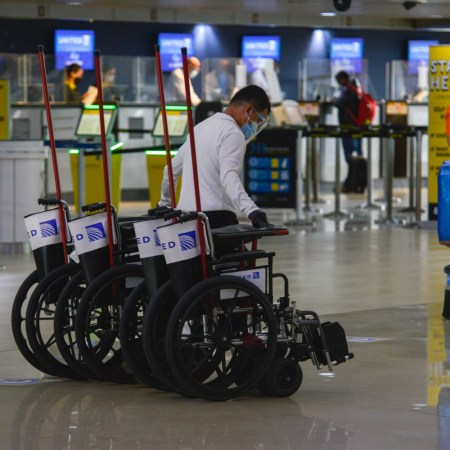Pilot shortages are nothing new. In fact, they’ve plagued the airline industry for years. But, according to various reports, we’ve still yet to see the worst of it, despite the onslaught of delays, cancellations and airfare increases travelers are currently being saddled with.
“The pilot shortage for the industry is real and most airlines are simply not going to be able to realize their capacity plan because there simply aren’t enough pilots, at least not for the next five plus years,” United Airlines CEO Scott Kirby said on a conference call back in April. “The other really large airlines will also probably be able to attract enough pilots, but for anyone else, I just don’t think it’s mathematically possible to meet the pilot demand for the capacity plans that are out there.”
But now, inn effort to combat the shortage, Sen. Lindsey Graham of South Carolina has introduced legislation that would, according to a report from CNBC, raise the mandatory retirement age for U.S. airline pilots from 65 to 67.
For the uninitiated — per the International Civil Aviation Organization — the current Standard limits the privileges for pilots in single-pilot commercial air transport operations to 60 years of age, while extending that limit to 65 years of age for multi-pilot operations. As it stands now, those who are engaged in two-pilot operations and over the age of 60 are required to submit to a a six-monthly medical assessment (pilots under 60 are required to submit only to an annual medical assessment). The “Let Experienced Pilots Fly Act” proposed by Graham would allow pilots to continue flying until they turn 67, without any additional medical requirements.
“We’ve got to get more people in the queue to be pilots, but we also have to adjust our age in a reasonable rational way to keep people in the cockpit,” Graham said. “Other countries allow people to fly to 67 and beyond. And I am confident that this is a bipartisan issue.”
That said, it wasn’t even until 2007 that the mandatory retirement age for airline pilots was raised to 65 (previously it was 60). And while the FAA has yet to comment, the Air Line Pilots Association — the largest pilot union — released a statement on the topic back in May, saying: “Increasing the retirement age will have significant unintended consequences and will displace pilots. Those airline pilots over 65 will be forced to leave the most desirable international routes to bid for domestic ones because the international age limit set by ICAO is 65. When age 65+ airline pilots return to domestic-only flying, they will then displace more junior pilots and both cohorts may require training on different aircraft, adding to the training costs of air carriers. Furthermore, most regional airline pilots leave the regional industry long before age 65 for more lucrative jobs at mainline or low-cost carriers or other opportunities. Therefore, the pool of domestic-service pilots will not increase appreciably without additional training costs or disruptions.”
It does, however, have the potential to provide temporary relief to a deficient industry (emphasis on temporary). That is, of course, assuming pilots even want to keep flying, given the current climate.
Thanks for reading InsideHook. Sign up for our daily newsletter and be in the know.



















